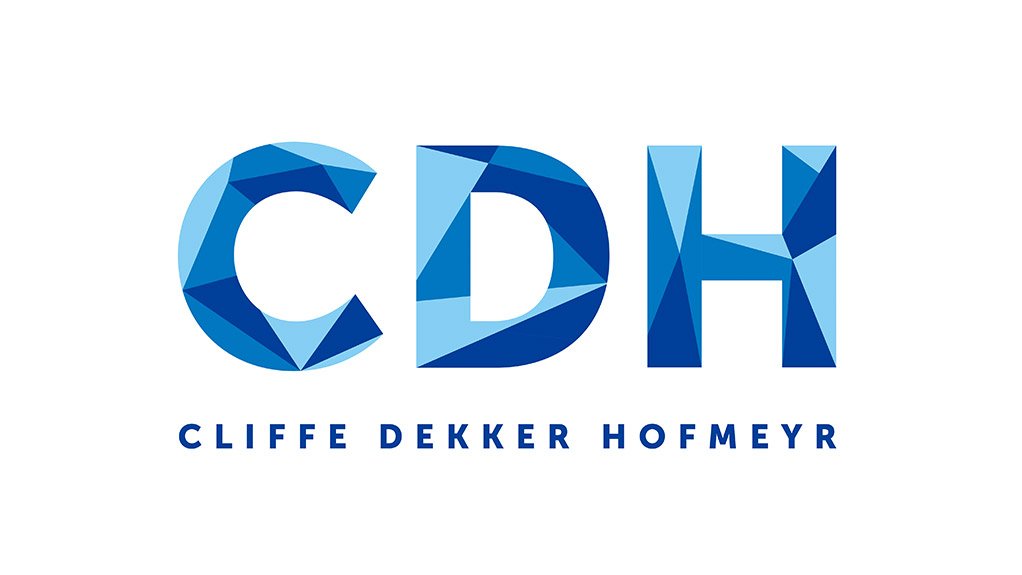On 31 May 2016 the Competition Commission (Commission) recommended to the Competition Tribunal (Tribunal) a conditional approval of the transaction whereby Belgian-based beer giant Anheuser-Busch Inbev (AB Inbev) will acquire local beer monopoly SABMiller.
The conditions are aimed at addressing alleged competition and public interest concerns raised by various stakeholders, including suppliers, competitors and labour unions during the Commission’s lengthy investigation. Among others, the Commission’s shopping list of conditions include:
The parties have agreed that the merged entity will sell its 27% interest in JSE-listed Distell within three years of the merger’s closing date. Distell enjoys first place in the South African cider market, with SABMiller in second spot. This condition is intended to limit the risk of the exchange of commercially sensitive information between AB Inbev and Distell, who will share common directors post-merger. The Commission also hopes that the removal of AB Inbev’s partial ownership of its direct competitor will enhance competition between the two rivals.
Following in the footsteps of the Walmart/Massmart precedent, AB Inbev agreed to establish a fund, to which it will contribute R1 billion over a five year period for investments in South Africa, including the development of agricultural outputs (barley, hops and maize); the growth of emerging and black farmers; and other suppliers. AB Inbev also agreed to maintain SABMiller’s current ratio of local production of beer and cider, and promises not to depart from the latter’s popular policy of maximising local production.
To allay fears of job losses, AB Inbev agreed that there will be no merger-related job losses. This undertaking extends in perpetuity. In addition, the parties agreed to offer employment to employees of DGB (Pty) Ltd - the local distributor of AB Inbev’s foreign beers - who may be retrenched if AB Inbev terminates existing distribution arrangements. The merged entity will be given a two-year grace period within which to submit its new BEE plans to maintain black equity participation, with the current scheme being said to mature in 2020.
Craft beer connoisseurs will be pleased that the Commission recommended that AB Inbev be required to continue supplying raw materials such as hops and malt, of which SABMiller is a dominant producer in South Africa, to small brewers. The parties also agreed not to induce or prevent their suppliers from dealing with small brewers. In retail outlets or taverns where the merged entity is the sole supplier of the fridge (a common SABMiller business practice), it will ensure that the retailers or tavern owners are free to allocate at least 10% of the fridge capacity to competitors’ products.
It remains to be seen whether the Tribunal hearing will rubber stamp pre-agreed conditions or whether certain issues will become contested. Certain stakeholders have already indicated their intention to intervene in the Tribunal hearing.
Merger approval is still outstanding, but understood to be imminent, in two of the key jurisdictions where the parties operate, namely China and the United States of America.
Upon implementation, the merged entity will be the world’s largest beer brewer and will brew one in every three beers consumed globally.
Written by Susan Meyer and George Miller, Cliffe Dekker Hofmeyr
EMAIL THIS ARTICLE SAVE THIS ARTICLE
To subscribe email subscriptions@creamermedia.co.za or click here
To advertise email advertising@creamermedia.co.za or click here











